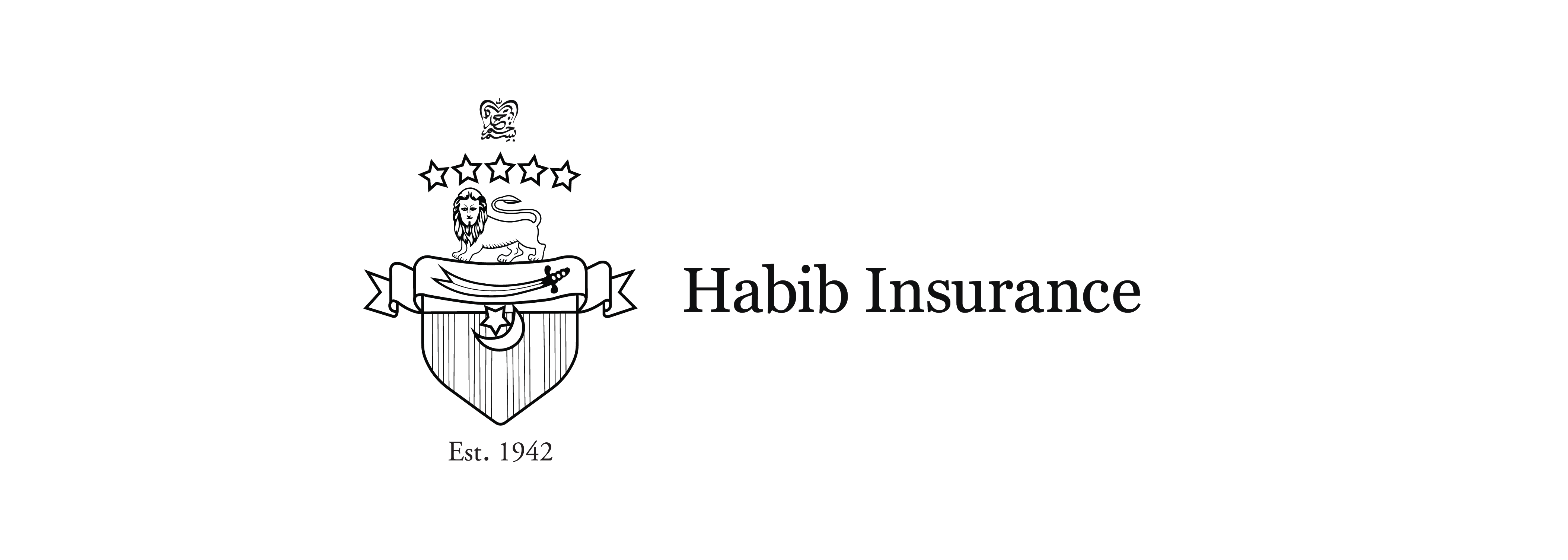Insurance can really help in protecting individuals and families from financial shocks, yet in Pakistan its awareness and adoption remain disappointingly low. Even in essential categories like motor insurance and travel insurance, where risks are both frequent and predictable, many people continue to either ignore coverage or treat it as a mere formality. The low penetration of insurance in Pakistan is not only a challenge for the industry but also a concern for households that are left vulnerable when accidents or emergencies strike. By focusing specifically on motor and travel insurance, we can see how the gaps in awareness emerge, why they persist, and what needs to be done to change the landscape.
Motor insurance in Pakistan, for example, is often misunderstood despite being legally required in certain situations. Many drivers either purchase the cheapest available third-party policy simply to fulfill documentation requirements or drive entirely uninsured, assuming that accidents won’t happen to them. This behavior is rooted in weak enforcement, low financial literacy, and a general mistrust of insurers. Too often, drivers have heard stories of claims being delayed, denied, or tied up in complex paperwork, which discourages them from opting for comprehensive coverage. For people with limited disposable income, the idea of paying annual premiums feels like an unnecessary luxury rather than an essential safeguard, they do not realise that it is not a luxury, but it is a need nowadays. What many don’t realize is that a single accident can cost far more than years of premiums, wiping out savings and creating long-term debt. The lack of accessible agents outside major cities further adds to the gap, leaving many drivers without reliable information about the real benefits of motor insurance. Companies like Habib Insurance offers a quotation for Motor Insurance online.
The situation is not much different when it comes to travel insurance in Pakistan. For most travelers, insurance is seen as optional and is only purchased when a visa requirement makes it mandatory, especially for countries like those in the Schengen zone. In such cases, people buy the cheapest policy available through their travel agent, treating it purely as paperwork rather than as a financial safety net. The reality is that international travel comes with countless risks, medical emergencies, lost luggage, flight cancellations, or even stolen passports and dealing with these issues abroad can cost thousands of dollars. Without coverage, families end up bearing these costs out of pocket, often in expensive foreign currencies. Yet because the majority of trips go smoothly, people underestimate the likelihood of needing travel insurance, convincing themselves that “it won’t happen to me.” At the same time, limited marketing and narrow distribution networks mean that most travelers are never properly educated on what travel insurance actually covers, so they don’t perceive it as valuable.
The consequences of this low awareness are serious. For drivers, an uninsured accident can mean crippling financial loss, legal trouble, or the inability to repair or replace a vehicle. For travelers, falling ill abroad without coverage can drain family savings within days. For the broader economy, low insurance uptake prevents premium pools from growing, which limits innovation in products and slows the sector’s development. In other words, the lack of motor and travel insurance awareness doesn’t just hurt individuals it undermines the resilience of society as a whole.
The good news is that this gap can be addressed. One of the most important steps is simplifying communication. Insurance companies must explain motor and travel insurance in plain Urdu and regional languages, cutting out jargon and showing everyday scenarios. Instead of technical definitions, they should tell simple stories: your car is stolen and insurance pays for a replacement, your flight is cancelled and travel insurance pays for your hotel, your hospital bills abroad are covered because you bought a policy before you traveled. People connect with situations they can imagine, not abstract terms.
Another way to increase adoption is to bundle insurance with existing services. For example, motor insurance can be integrated into vehicle financing or linked with the annual renewal of car registrations. Travel insurance can be seamlessly offered during the booking of airline tickets, with easy opt-in options instead of complicated forms. By making insurance part of existing processes, customers are more likely to see it as a natural step rather than an extra hdassle. At the same time, affordability can be improved through flexible payment plans.Travel Insurance from Habib Insurance is a travel policy and can be bought at the time of travel from www.habibinsurance.net
To know more visit www.habibinsurance.net











